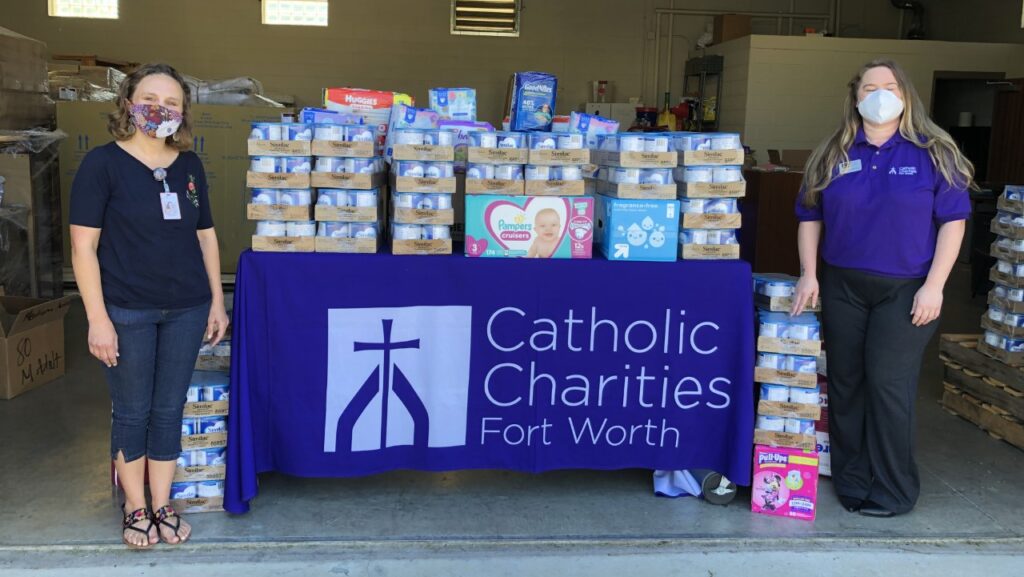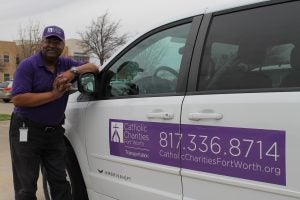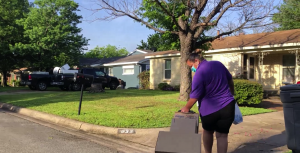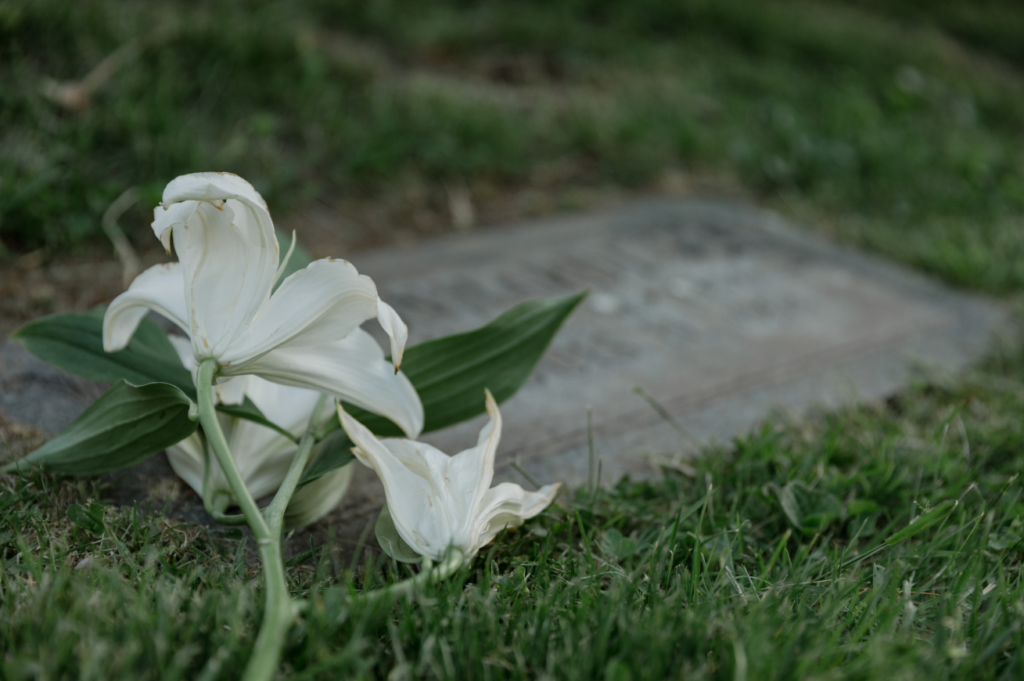

In late March, the phones at Catholic Charities Fort Worth (CCFW) began ringing with the needs of the community following the onset of the global COVID-19 pandemic.
Among the top needs to be addressed were the fear of not being able to make rent or utility payments, and the need for job readiness and placement connections due to layoffs, furloughs, and reduced salaries. The number of clients in our Workforce Solutions and Padua programs who had lost employment due to coronavirus more than tripled in the first month alone.
Then there were calls for transportation, childcare help with schools closing, requests for computers for online work, and degree completion help for students suddenly having not only to take their own classes online but also to administer their children’s virtual schooling.

It was time for us to rise to the new challenges presented to us, just as we’ve done for over a century, seeing our community through tornadoes, hurricanes and the unaccompanied migrant crisis. In short, responding to our community during disasters and over the long-run is a part of our DNA.
Throughout this pandemic, we have seen some pretty remarkable testaments to the power of our work. Because of our long-term case management model, many CCFW clients had the savings they needed to navigate financial challenges when COVID-19 arrived. Many of these families were actually prepared for the pandemic in a way they never would have been in the past. We saw the remarkable outcomes of clients still persevering and achieving our out of poverty goals in the midst of the crisis: earning a living wage, maintaining savings (and savings behavior), not relying on government assistance and eliminating negative debt. And we watched ALL of our Stay the Course students scheduled to graduate, graduate.
Here are the details:
Short Term Case Management: We launched a new program and began working with emergency clients with a six-month outlook to stabilize them. This work includes crisis support, information and referrals, emergency financial assistance, budgeting, short term goals, and transitioning to long term case management as needed. This is a supplement to our signature solution to walk with families out of poverty, which we often reference as long-term case management.
We served 381 clients through our new Short-Term Case Management program, engaging 86 new clients in long-term case management, averaging out to working with about 250 people each week. We still have 130 active clients in our Short-Term Case Management program, with about 20 new referrals coming in each week.
Throughout the last six months, we have proudly witnessed 74 families get out of poverty in spite of the state of the world.
Transportation: With rides down as a result of the pandemic, we partnered with Tarrant Area Food Bank, Meals on Wheels, Tarrant County, United Way and Area Agency on Aging through a COVID-19 SNP program to provide senior-friendly, shelf-stable food kits and frozen meals for shut-in seniors. We started with 150 10 to 15 pound boxes a week and eventually delivered 36,980 meals to people in need across 11 counties (sometimes 450 clients a week). In partnering with Broadway Baptist Church as well as FWISD families, we have helped deliver 435 kits of food and counting. That means from March 18 through September 18, we have delivered 37,663 meals and food boxes to our neighbors in need.
CCFW Community Cares Call Center: We launched our Community Cares Call Center to serve as an intake for those in need, and to help with food needs in partnership with Tarrant Area Food Bank. Volunteers and staff use TAFB’s Find Food software to locate the nearest 300 food pantry pickup options in real time or work with someone in need to designate a proxy to pick up their food. The way our model works, people don’t just call and get rent assistance; we are there as a holistic solution to help look for resources, figure out what would optimize their overall situation, and even help them apply for those things
In partnering with the Tarrant Area Food Bank (TAFB) to serve as both their call center and transportation for people seeking food banks, we delivered 248 boxes of food and counting.

We have been busy on the phone to answer the call of 4,451 clients through our Community Cares Line since March 16. Between April and May we experienced a 29% increase in calls, followed by another 21% increase in calls between May and June. In fact, we became the highest referral agency for 2-1-1 by more than 25% during this past six months. We averaged 550 calls per week, which is a more than 150% increase from before the pandemic. We have distributed over $1 million dollars in emergency financial assistance to over 1,500 clients.
Research in the times of coronavirus: We launched an internal research project to study how to equip our clients to be more resilient in the face of external economic forces to learn from this for the future. We’re checking in to see how prepared our clients were to navigate the crisis; where they were in March vs. now. We’ve been looking at financial resiliency and comparing assumptions to reality in terms of what types of clients we are seeing come to us for help.
Our research and evaluation team is also exploring tech solutions for service delivery to assess how are we using technology and how it affects service delivery, including differentiating between in person and online models.
Partnerships: We reached wide to work closely with all of our local experts to work smarter and better together. Among the list of partnerships elevated during this season, we count the following: Meals on Wheels, Tarrant Area Food Bank, and United Way, North Texas Hotel Industry, Tarrant County, Tarrant Transit Alliance Network, Judge Whitley, and more. On our Northwest Campus, we developed a partnership with the local Hampton Inn hotel to assist with housing some of our clients when the COVID pandemic began. We continue to actively seek out partnerships that will result in better outcomes for our community.








